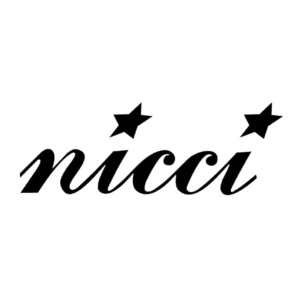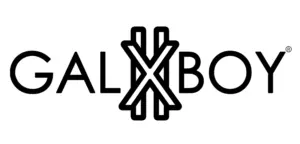Your great business idea needs funding to make it a reality. What better feeling than having the capital to manifest your most daring business dreams? But the funding landscape can be tricky. And crazy competitive. That’s why we’re here to help improve your chances of getting small business funding.
Understanding Small Business Funding Options
Traditional bank loans for small business funding
Banks offer a range of loan products. They have different interest rates and repayment terms. Small business funding loans can be secured or unsecured. This depends on the borrower’s creditworthiness and if you have collateral. This means you have something or someone to pay your loan if you can’t.
Cons
Financial institutions usually have strict lending criteria. Banks have strict lending criteria, and small businesses may struggle to meet these requirements. The application process can also be lengthy and time-consuming. This can be a problem when you’re already strapped for time.
Small business funding grants
Small business funding grants needn’t be repaid! It’s an enticing option for entrepreneurs. Head over to the South African government’s grant programmes for small businesses. It may be a good option for you.
Cons
Grant applications can be competitive. Not all businesses will be successful in securing funding. As with bank loans, grants come with specific conditions or requirements.
Venture capital and angel investors
Angel investors or venture capitalists can provide small business funding options. They also share their valuable expertise through mentorship programmes.
Cons
These investors usually require an ownership share in the business. This is in exchange for their investment. And entrepreneurs can struggle to find investors willing to take on the risk of investing in a new, unproven business.
Crowdfunding
Getting money from peers and friends allows small businesses to raise funds from many people. Crowdfunding platforms can provide exposure and marketing opportunities for smaller businesses.
Cons
These campaigns require a lot of effort and marketing to reach funding targets. Platforms may charge fees or take a percentage of the funds raised.
Entrepreneurs must consider factors such as the amount of funding needed, repayment terms and the specific requirements of each funding option.
Understanding Your Business and Financial Readiness
Meanwhile, before you take the small business funding leap, take a step back. Are you ready? There are a few ways to prepare.
Assess your entrepreneurial abilities.
Organize your financial records and documents
Gather your financial statements, tax returns, and other important documents. Because, these will help you determine the financial health of your business.
Determine the amount of funding you need
Evaluate your business plan and financial projections. Because this will determine how much money you will need to start or grow your business.
Strengthening Your Funding Application
Remember you need to stand out from the rest of the hundreds of other applicants. So, there are critical steps to follow.
Polishing your business plan
Above-all, a well-written business plan should describe your business and industry. In addition, it should detail market strategies, sales potential, and competitive analysis. Meanwhile, you’ll need to specify the amount of funding you need and how you will use it. Notably, it should also include financial projections over a three-year period.
Creating a compelling executive summary
Provide a brief overview of your business plan. It highlights your unique selling proposition and financial projections. that highlights the most important points, such as your unique selling proposition and financial projections.
Demonstrating your financial projections and potential ROI
Another good idea is to provide detailed financial statements, income statements, balance sheets and cash flow statements for 3-5 years. You could also include projects for the next five years. You should also include a detailed explanation of your projections and how they match your funding request.
Showcasing your team’s qualifications and experience
Boosting Your Funding Eligibility
There are several ways you can impress potential funders.
Establish a solid credit history
Pay bills on time, maintain low credit card balances and don’t open too many new credit accounts.
Reduce existing debt and financial risks
It’s important to pay off high-interest debt and reduce expenses. This will improve your cash flow.
Build relationships with lenders and investors
Attend networking events and seek out opportunities to connect with potential funders.































































